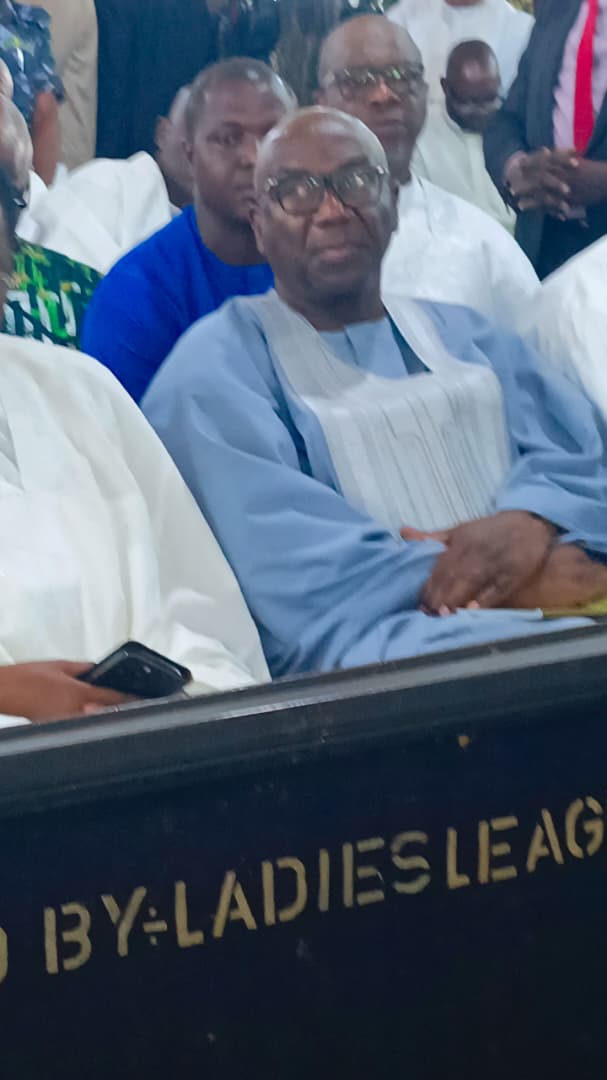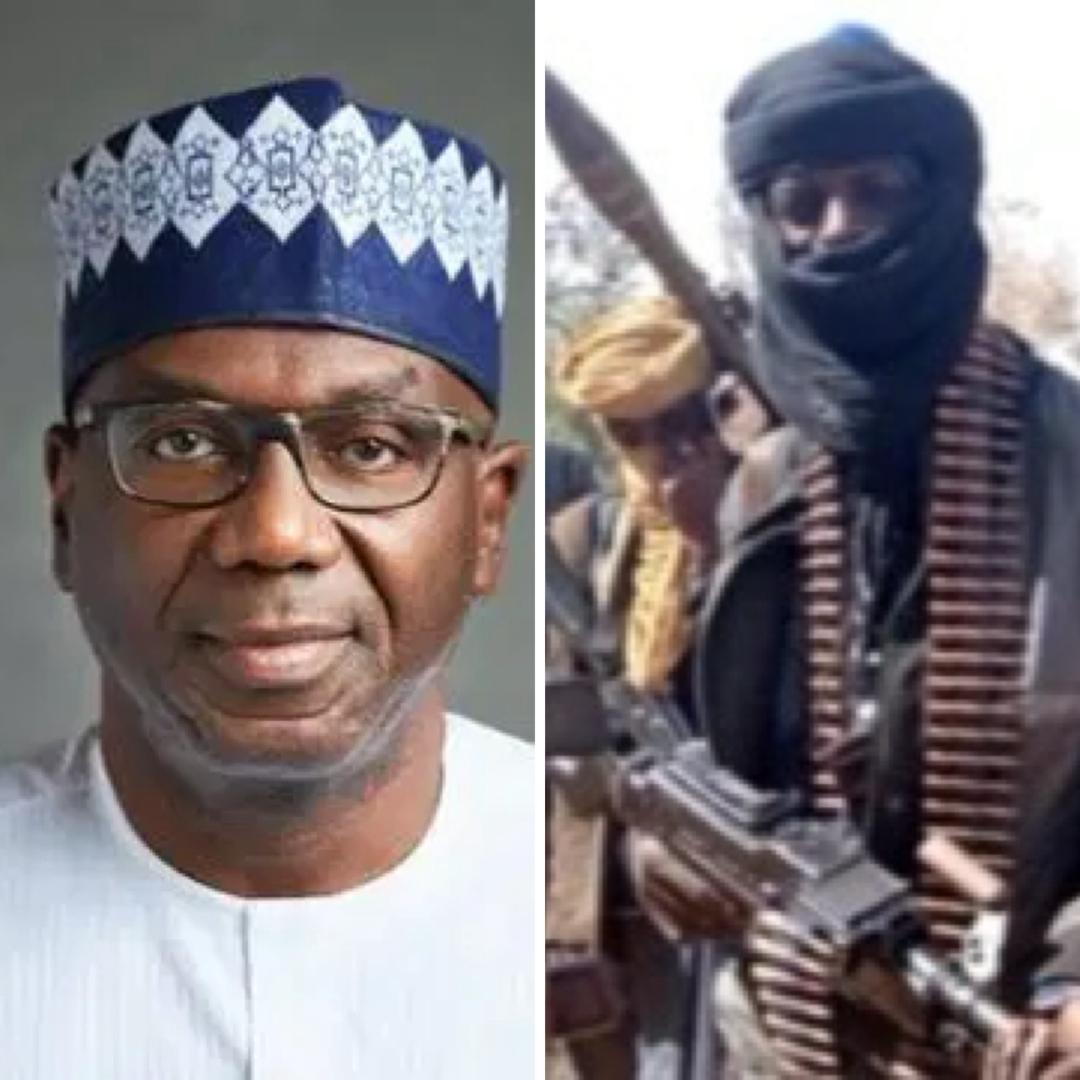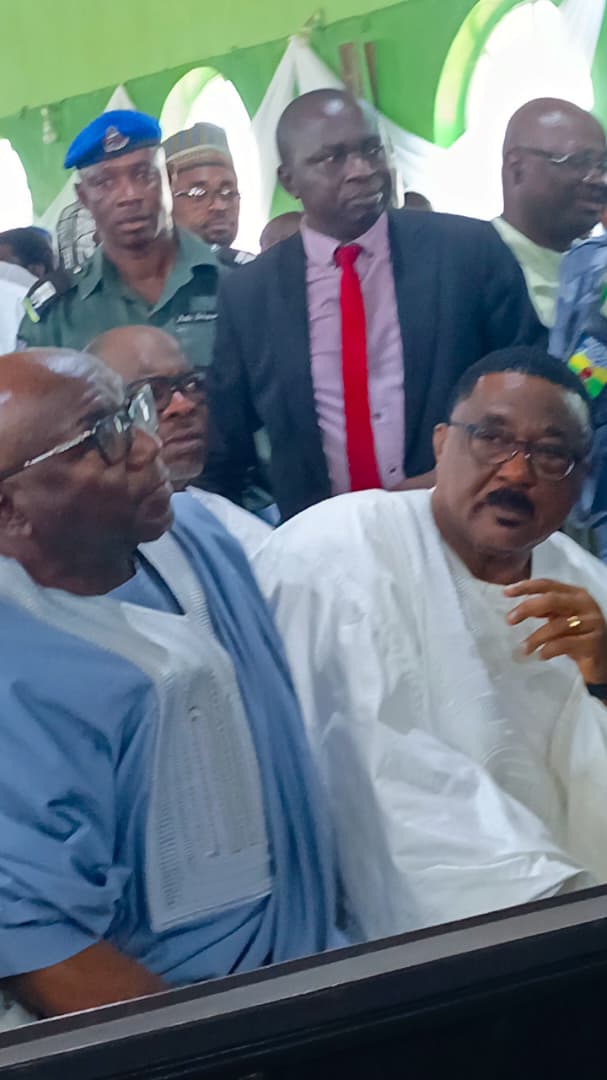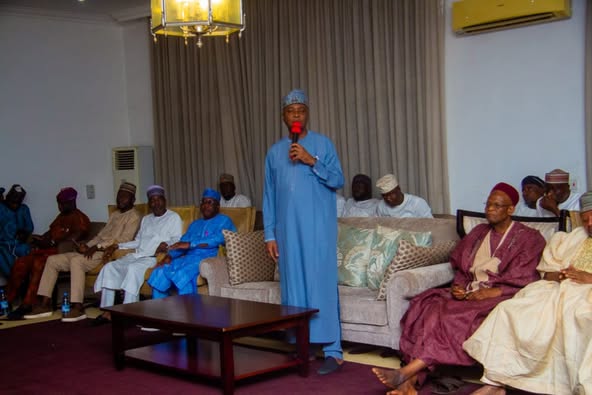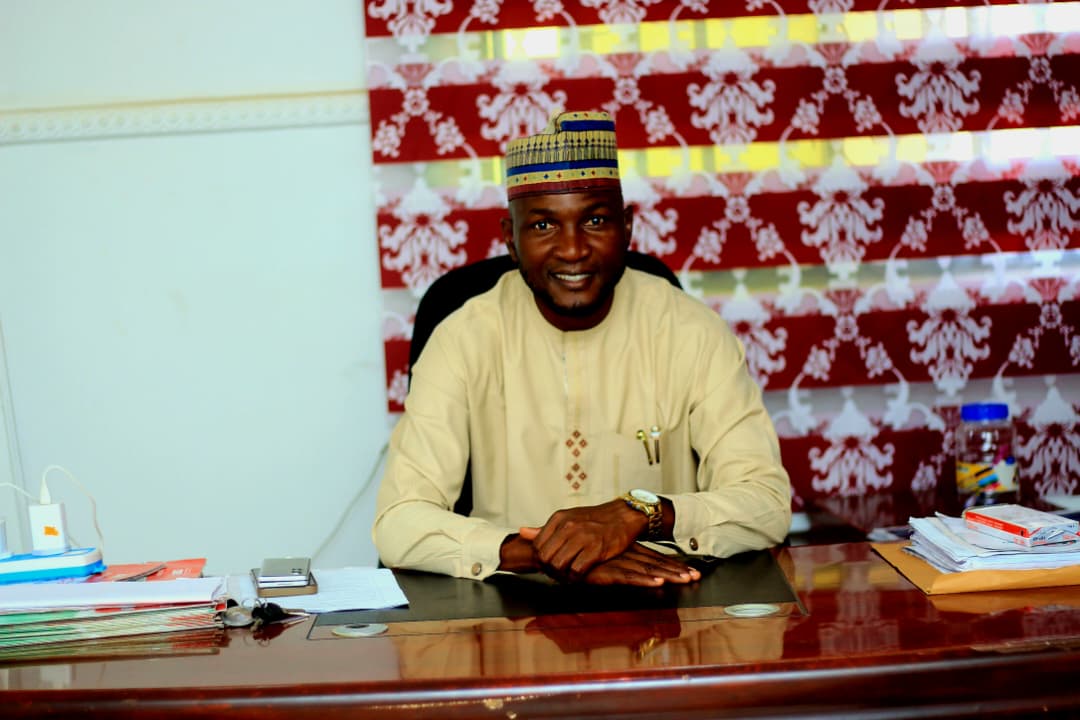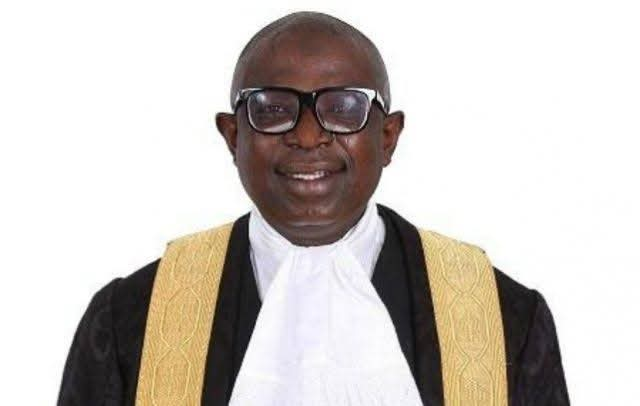A Compromised Assembly: How Kwara’s Speakership Became a Tool, Not a Voice

By Abdulyekeen Mohd Bashir.
In every functioning democracy, the legislature stands as a sacred pillar, a watchdog, a guardian of public interest, and a check on executive excesses. In Kwara State, however, this democratic equilibrium appears dangerously tilted. At the center of this imbalance is the Honorable Speaker of the Kwara State House of Assembly, Rt. Hon. Yakubu Danladi, whose tenure has regrettably become a symbol of legislative timidity and political compromise.
Hon. Danladi assumed office with youthful energy and the promise of a new dawn for legislative activism in Kwara. But years down the line, what should have been a legacy of robust lawmaking and courageous representation has largely been reduced to a quiet endorsement of executive dominance. Under his watch, the bulk of the bills passed by the House have originated from the Executive Arm, with little or no significant input from lawmakers themselves. This pattern raises critical concerns about the independence, creativity, and relevance of the current Assembly in shaping policies that reflect the true aspirations of Kwarans.
Even more telling is the Speaker’s silence on matters of constitutional importance. When the time came for the Kwara State House of Assembly to play its part in the nationwide constitutional amendment process, the Assembly under Speaker Danladi failed to assert itself. Unlike other progressive states that debated, dissected, and democratically endorsed critical amendments, including those bordering on local government autonomy, judiciary independence, and electoral reforms; Kwara’s Assembly became a passive bystander. This omission deprived our people of meaningful participation in shaping Nigeria’s constitutional future.
More disturbing is the Speaker’s reluctance to speak up in the face of executive rascality. At moments when Kwara people expected the legislature to stand up for transparency, accountability, and equity especially on issues of budget implementation, public spending, civil service appointments, and the alleged stifling of local government autonomy; the House remained mute. The silence of the Speaker has been deafening, and it begs the question: who speaks for the people when the Executive overreaches?
It is no secret that Speaker Danladi’s political ambitions, widely speculated to include a future gubernatorial bid, have shaped his actions, or rather, inactions. In pursuit of political survival and favor from the Executive, he has chosen not to challenge the system, even when it falters. This has had a dangerous consequence: the systematic lowering of the legislative bar in Kwara State. Today, our Assembly is seen less as a deliberative body and more as an echo chamber—an unfortunate fate for a state that once prided itself on dynamic parliamentary history.
Kwarans must wake up to the implications of this quiet submission. If unchecked, this pattern could pave the way for an unconstitutional third term through the backdoor; an undemocratic extension of influence masked in compliant legislative leadership. The people of Kwara must remember: democracy dies not just through military tanks, but through silence, indifference, and compromised institutions.
To be clear, this is not a personal attack on Speaker Danladi. It is a call for reflection, reform, and revival. Kwara deserves a legislative arm that can engage, challenge, and collaborate with the Executive in the best interest of the people, not one that serves as a rubber stamp for personal ambitions or political appeasement.
History watches. And so does the future.
Abdulyekeen Mohd Bashir a Kwara-born political analyst writes from Apata, Ibadan.
